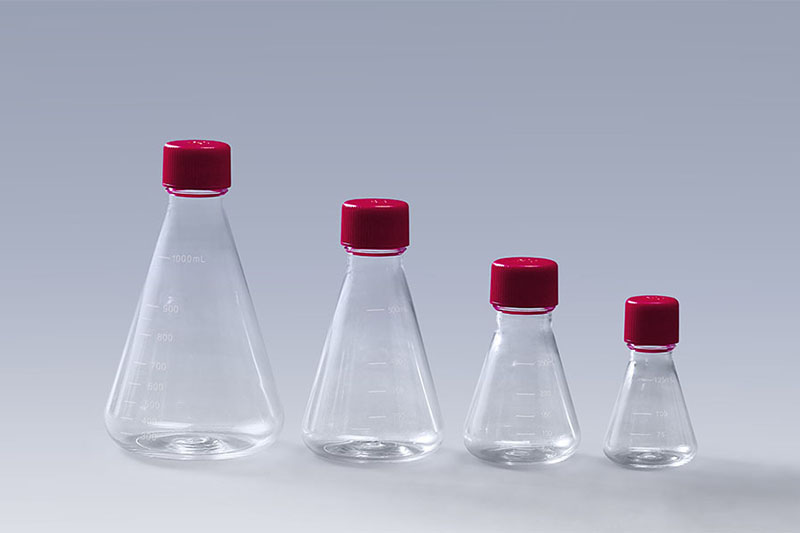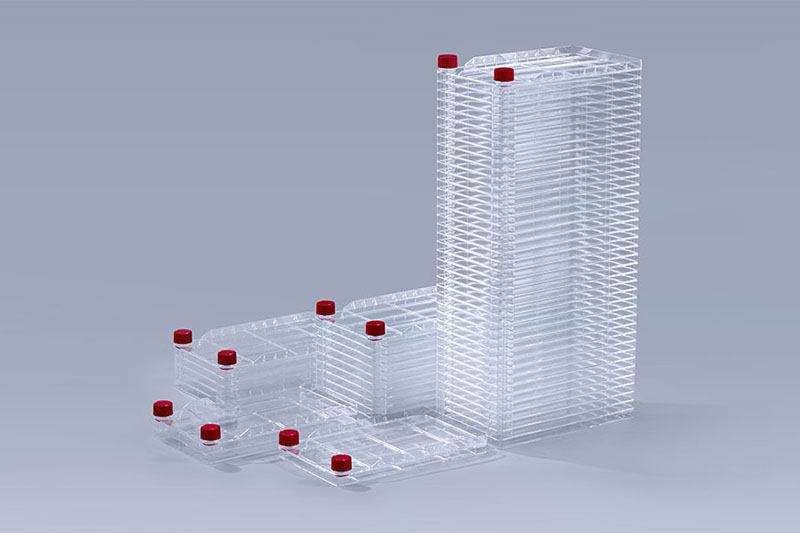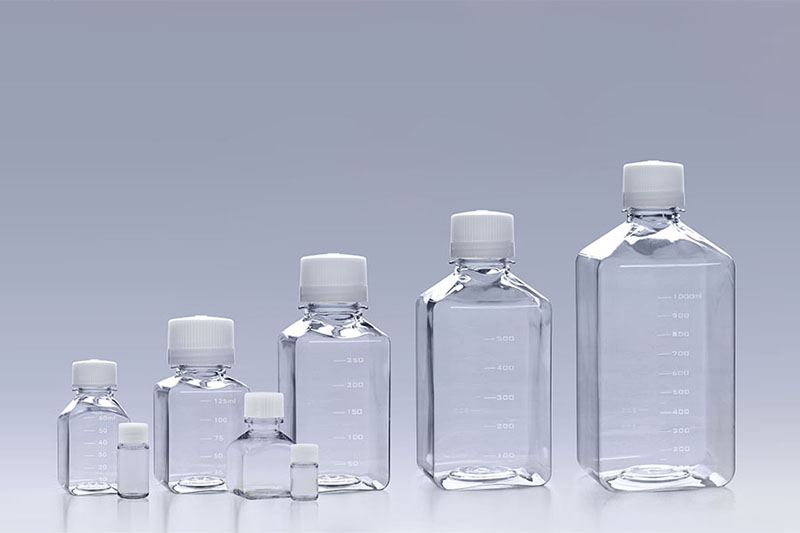August 24, 2023, The U.S. Food and Drug Administration today approved Tyruko (natalizumab-sztn), the first biosimilar to Tysabri (natalizumab) injection for the treatment of adults with relapsing forms of multiple sclerosis (MS). Tyruko, like Tysabri, is also indicated for inducing and maintaining clinical response and remission in adult patients with moderately to severely active Crohn’s Disease (CD) with evidence of inflammation who have had an inadequate response to, or are unable to tolerate, conventional CD therapies and inhibitors of TNF-α (tumor necrosis factor, a substance in your body that causes inflammation).
“Biosimilar medications offer additional effective treatment options that have the potential to increase access for people living with relapsing forms of multiple sclerosis,” said Paul R. Lee, M.D., Ph.D., director of the Division of Neurology 2 in the FDA’s Center for Drug Evaluation and Research. “Today’s approval could have a meaningful impact for patients managing their disease.”
Tyruko is approved to treat the following relapsing forms of MS:
Clinically isolated syndrome – a single, first occurrence of MS symptoms;
Relapsing-remitting disease – a type of MS that occurs when patients have episodes of new neurological symptoms followed by periods of stability; and
Active secondary progressive disease – when, following a relapsing-remitting course, patients experience gradual disability worsening with continued relapses.
Biological products include medications for treating many serious illnesses and chronic health conditions, including MS. A biosimilar is a biological product that is highly similar to, and has no clinically meaningful differences from, a biological product already approved by the FDA (also called the reference product). This means patients can expect the same safety and effectiveness from the biosimilar as they would the reference product. All biological products are approved only after they meet the FDA’s rigorous approval standards. The approval of Tyruko, a biosimilar to Tysabri (natalizumab), is based on evidence that showed there are no clinically meaningful differences between the two products in terms of safety, purity and potency (i.e., safety and effectiveness).
 Cell Culture Erlenmeyer Flasks
Cell Culture Erlenmeyer Flasks
“Today’s approval of the first biosimilar product indicated to treat relapsing forms of multiple sclerosis furthers the FDA’s longstanding commitment to support a competitive marketplace for biological products and ultimately empowers patients by helping to increase access to safe, effective and high-quality medications at potentially lower cost,” said Sarah Yim, M.D., director of the Office of Therapeutic Biologics and Biosimilars in the FDA’s Center for Drug Evaluation and Research.
MS is a chronic, inflammatory, autoimmune disease of the central nervous system that disrupts communication between the brain and other parts of the body. It is among the most common causes of acquired neurological disability in young adults and occurs more frequently in women than men. For most people with MS, episodes of worsening function and appearance of new symptoms, called relapses, are initially followed by recovery periods (remissions). Over time, recovery may be incomplete, leading to progressive decline in function and increased disability.
The Prescribing Information for natalizumab products (including Tyruko and Tysabri) contains a boxed warning to inform health care professionals and patients about the increased risk of progressive multifocal leukoencephalopathy (PML), a viral infection of the brain that usually leads to death or severe disability. Risk factors for the development of PML include the presence of anti-JCV antibodies (antibodies to the JC virus, a typically harmless virus carried by most humans), longer duration of therapy and prior use of immunosuppressants. These factors should be considered in the context of expected benefit when initiating and continuing treatment with natalizumab products, and health care providers should monitor patients and withhold treatment immediately at the first sign or symptom suggestive of PML.
Because of the risks of PML, natalizumab products are available only through a restricted drug distribution program, under a risk evaluation and mitigation strategy (REMS). The REMS requires health care professionals who prescribe natalizumab products, and pharmacies that dispense them, to be specially certified in the REMS, and that patients be enrolled in the REMS. As part of the REMS requirements, prescribers must evaluate patients three and six months after the first infusion, every six months thereafter, as well as immediately and six months after discontinuing treatment.
Source: https://www.fda.gov/news-events/press-announcements/fda-approves-first-biosimilar-treat-multiple-sclerosis
The FAI climbed 5.9 percent year-on-year in the first 11 months of 2018, quickening from the 5.7-percent growth in Jan-Oct, the National Bureau of Statistics (NBS) said Friday in an online statement.
The key indicator of investment, dubbed a major growth driver, hit the bottom in August and has since started to rebound steadily.
In the face of emerging economic challenges home and abroad, China has stepped up efforts to stabilize investment, in particular rolling out measures to motivate private investors and channel funds into infrastructure.
Friday's data showed private investment, accounting for more than 60 percent of the total FAI, expanded by a brisk 8.7 percent.
NBS spokesperson Mao Shengyong said funds into weak economic links registered rapid increases as investment in environmental protection and agriculture jumped 42 percent and 12.5 percent respectively, much faster than the average.
In breakdown, investment in high-tech and equipment manufacturing remained vigorous with 16.1-percent and 11.6-percent increases respectively in the first 11 months. Infrastructure investment gained 3.7 percent, staying flat. Investment in property development rose 9.7 percent, also unchanged.
 English
English



















































 Cell Factory Systems
Cell Factory Systems PETG Media Bottles
PETG Media Bottles